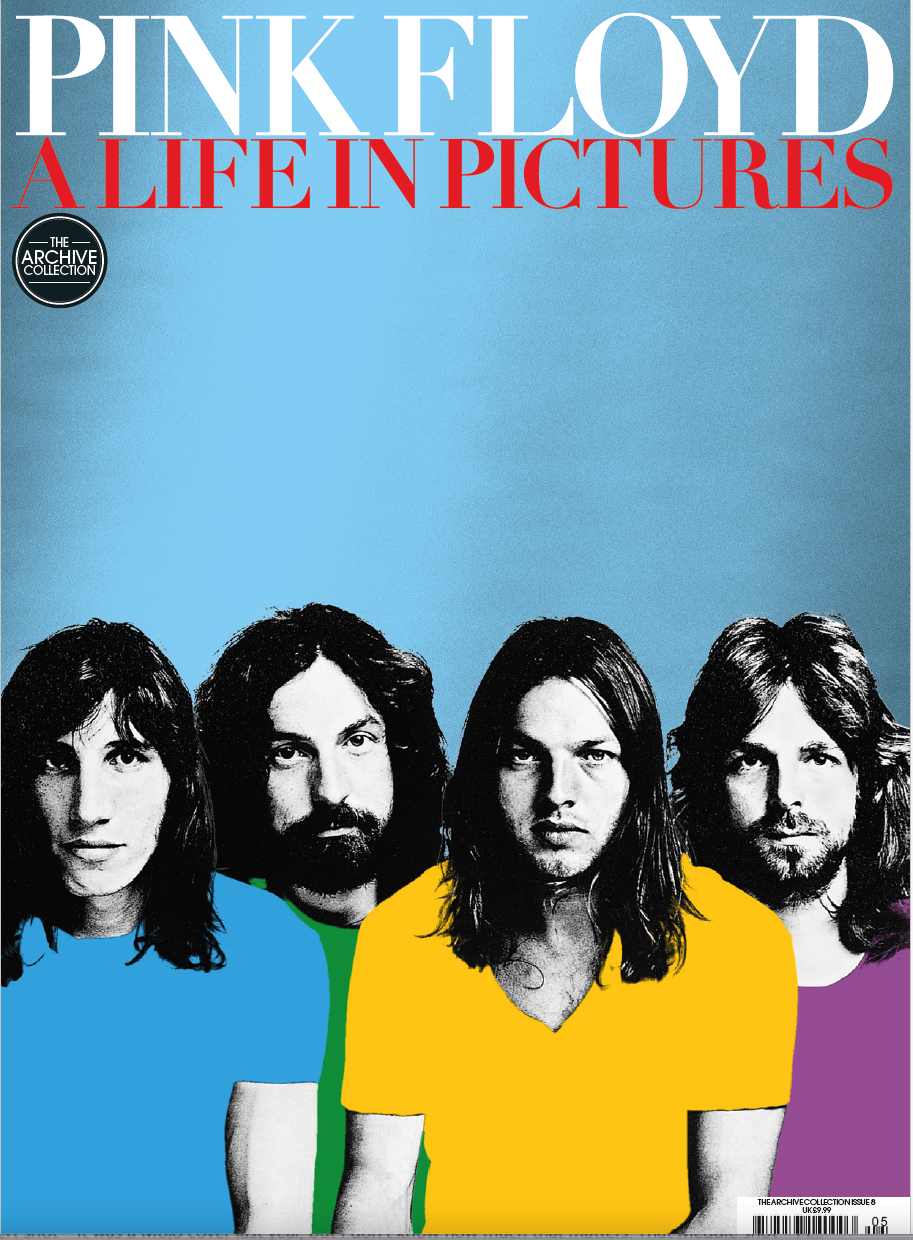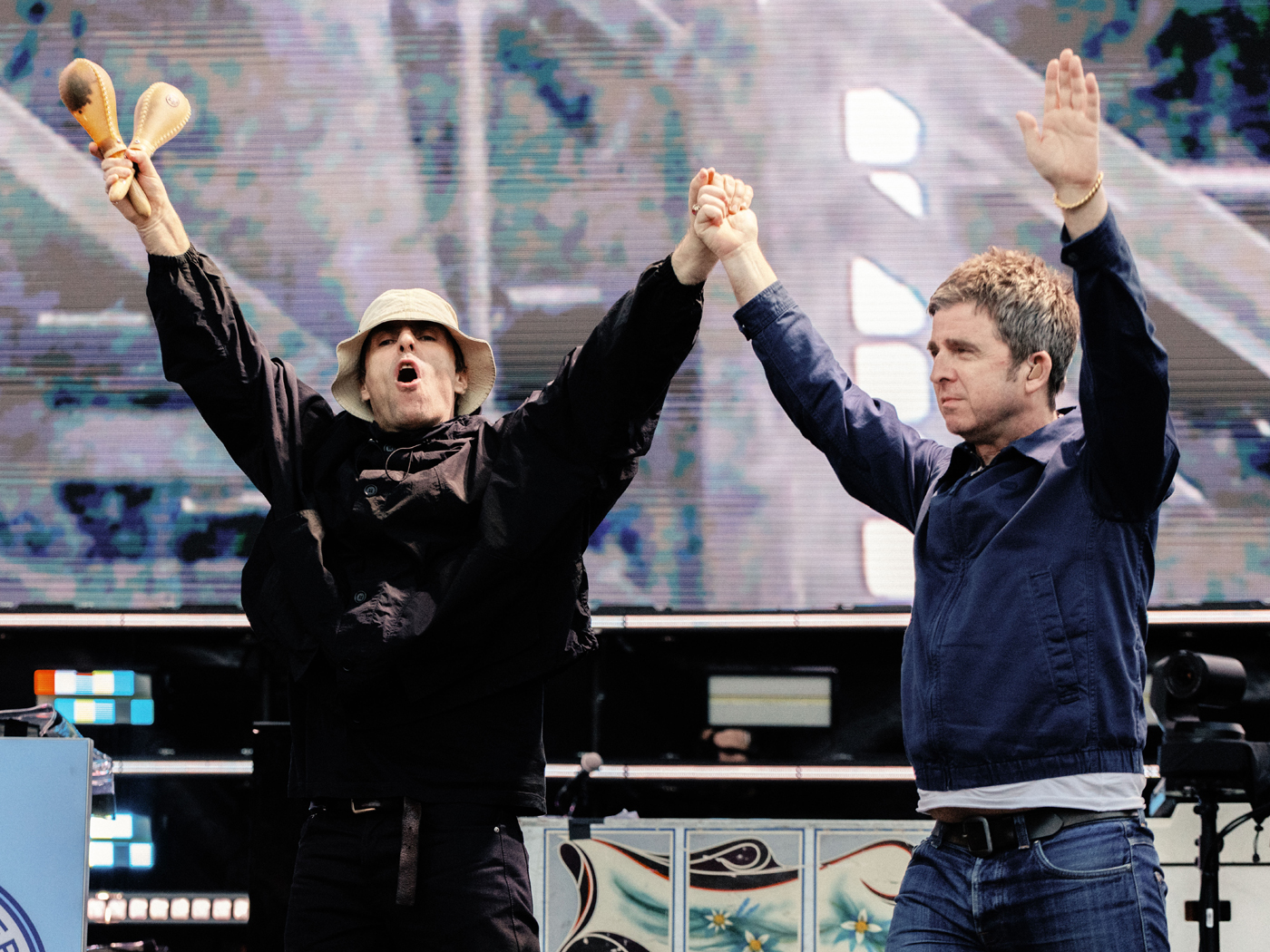
Set the controls for our new issue!
As much as they were about unbelievable music, Pink Floyd were about incredible images. When the band played their first official gig at All Saints Hall in London in 1966, they did so accompanied by a phenomenon as new as their own ever-extending R&B: a light show.
With that event begins the relationship between sound and vision you’ll see unfold before you in this lavish new magazine. Accompanied by eyewitness recollection – Floyd’s Nick Mason is a key player here – Pink Floyd: A Life In Pictures follows the band on their unlikely journey from paisley shirted improvisers to feuding multimillionaires, each with their own take on the band’s legacy.
In between, they’ve been pop stars, film composers, and commissioners of large inflatable objects – and images have always been key to the Floyd experience. When their songwriter/frontman Syd Barrett was unable to continue with the group in 1968 it required them to think urgently about a creative emergency in their music. But for all the larks depicted here, it would be wrong to think that this was a group ever completely at ease in the spotlight.
At the start of their career audience and band were bathed in a democratic, unifying light. As it went on, and the concepts in their records became even more important, the band did everything they could to distract attention from the granddad shirts and cords comprised the band’s most outlandish stagewear. What begins in 1970 with an inflatable octopus is the start of a retreat into spectacle. The band no longer appear on the record covers – instead, they are replaced by the strong visual signature of their longtime collaborators, Hipgnosis.
On stage, meanwhile, the band pushed restlessly onwards, making an (occasionally uncomfortable) home for themselves at the cutting edge of rock performance: with brass bands, special screens, films, taped elements, inflatables, and eventually a 340 piece wall which represents the band’s increasing alienation from its audience.
No band can completely supress its personalities behind stage business, though, and that’s also a story you can see told here, from the departure of Roger Waters and the return of the reformed group in 1987, through the rapprochement of their appearance at Live 8 and their current rather more frosty state of relations. The story, however, as experience has shown us, surely isn’t completely over yet…
The magazine is out now, or you can get it from us here.







